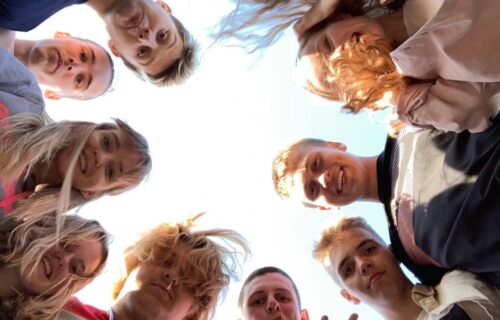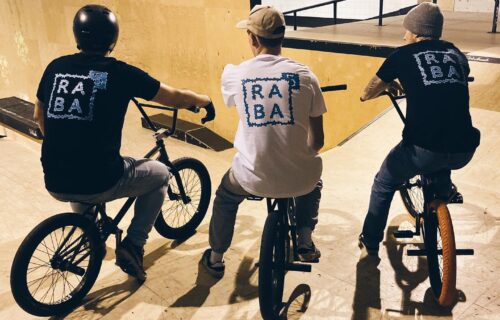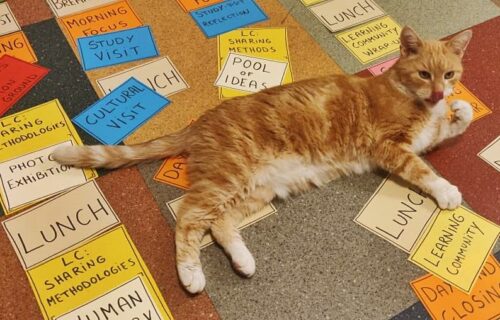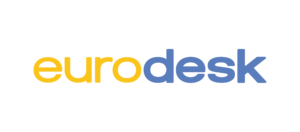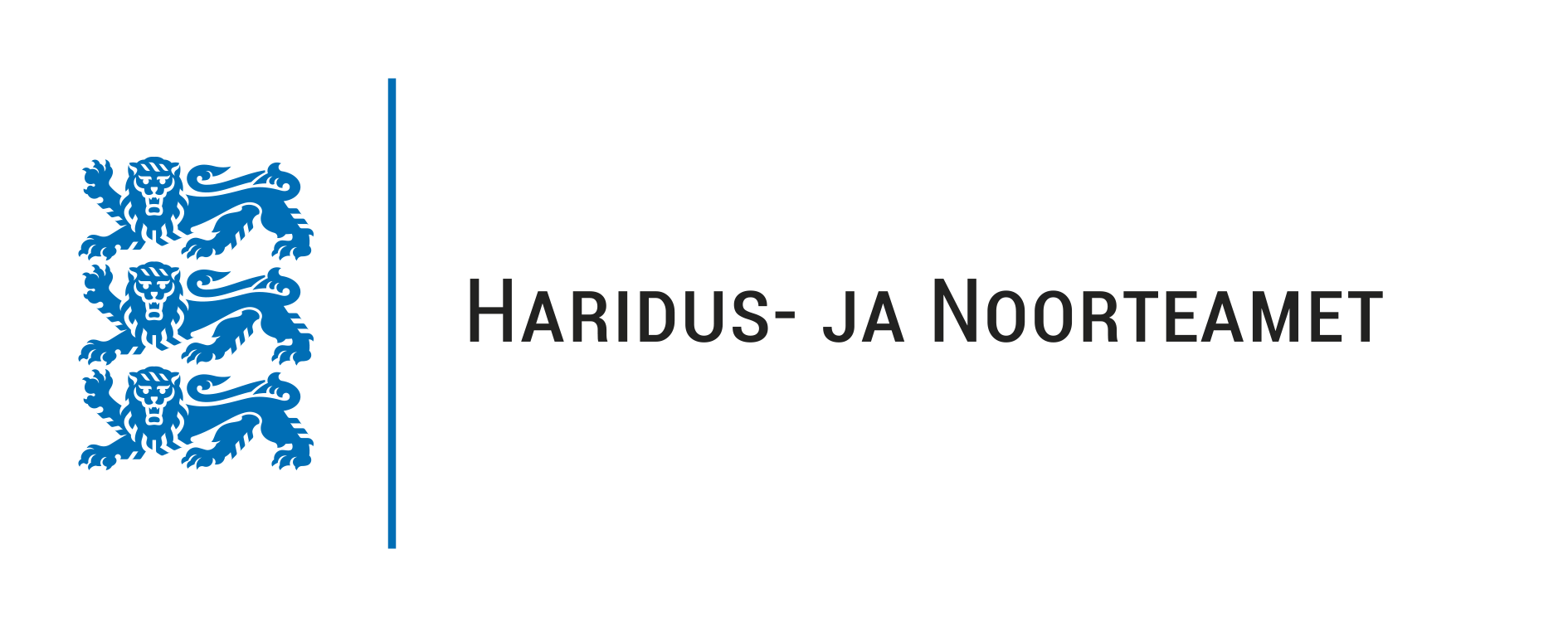Praktilisi näpunäiteid Gruusias toimunud koolitusprojekti korraldajalt
Author: Archil Chochia, Centro Picasso MTÜ
Our training course “Dealing with the Past – Sharing Experiences, Developing Tools” was organized in July 2014, in Kobuleti, Georgia and below I, as the organizer of the project would like to share few tips with you all.
First of all to underline, our project went quite well and as expected, without major problems, also thanks to the experience of some partners working together and organizing projects in the same environment, even the same place. However, there are always details one could do better.
During the preparation phase it was very important to work close with absolutely all partners of the project on every detail of the activity, as well as the profile of the participants we were looking for. This helped us to make sure the participants were prepared, well informed and motivated to work together achieving the goals our project had set.
Info-pack for the participants was very important, as Georgia might be quite a different experience for some, including the travel arrangements, etc. Our info-pack, besides usual project details such as dates of the activity, daily programme, summary of the project, objectives, participants profile, special needs/diets, conditions of the programme the project was funded within, visa arrangements, travel costs limits and reimbursement details, preparation by the participants and contact details of the organizers, included detailed information about the accommodation, food, weather, suggestions how to best fly to Georgia and which city within the country.
Additionally, we created blog of the project, where we uploaded information about the project, contact details, programme, the info-pack and suggested readings for the participants. Furthermore, we have asked all participants to submit their travel details via the blog, so there would not have been a need for several email exchanging, etc.
T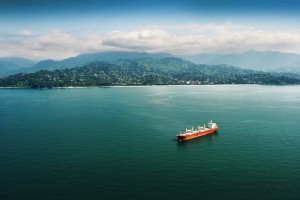 raveling to Georgia might be very expensive, therefore we asked participants to buy the tickets as soon as possible. Also, we asked all partners to create B lists of the candidates, so in case if anyone cancelled participation, they would replace the person immediately. However in our case, after main participant cancelled and was replaced, later on that new participant also cancelled last minute and we had no time to find a replacement from this country anymore.
raveling to Georgia might be very expensive, therefore we asked participants to buy the tickets as soon as possible. Also, we asked all partners to create B lists of the candidates, so in case if anyone cancelled participation, they would replace the person immediately. However in our case, after main participant cancelled and was replaced, later on that new participant also cancelled last minute and we had no time to find a replacement from this country anymore.
Even if you have clear information about the tickets/invoices/boarding passes to be kept for the reimbursement, besides sometimes participants losing those, some can face the situation when transport (bus, minibus, etc.) doesn’t provide any confirmation/ticket. In this case it is vital to explain to the participants that they can at least ask the driver to sign the confirmation on a simple paper, as well as getting the copy of his/her driving license/ID card.
Also important is to inform participants in advance about the local currency and exchange rates, possibilities to withdraw cash, estimated local prices for some basic products and services, basic specialties of the local culture, if English is widely spoken or what other languages could be used, etc.
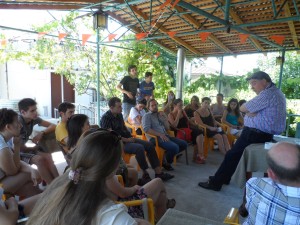 During the project, everyday reflection groups were very important, as they gave everyday feedback about the activities and made it possible for the trainers and the organizers to improve the details further, furthermore it includes participants in the process more.
During the project, everyday reflection groups were very important, as they gave everyday feedback about the activities and made it possible for the trainers and the organizers to improve the details further, furthermore it includes participants in the process more.
As Kobuleti is situated on a beautiful seaside and as July in Georgia is usually very hot, it was important to have as many outdoor activities as possible. Due to the topic and the type of our project, it was not possible to have many activities outside our working room, however it is important to think about this and include more outdoor activities, some of which such as teambuilding or ice-breaking activities could be organized on the seaside, as in our case it was just few minutes walking distance.
It’s also very important to give participants a possibility to organize some events and games for their free time, therefore creating some sort of a social club that would help organizing some activities, so those interested could join in and do something together during their free time.
Collecting photos and videos during the project is very important, however it is always important to ask participants if they prefer to not have certain photos available online. For example, due to political situation in their home country, some might not want to have their photos available online with certain symbols such as flag, national dressing, etc.
We decided to reimburse non-EU participants during the project, as bank transactions to these countries might take a lot of time and cost quite a bit. However, in few cases, participants did not have the return tickets for their local transportation in their own countries and therefore we decided to just calculate the same price as first tickets had. However, in some cases it later appeared that those prices had changed, so it made our calculations wrong. And even though these differences are not too big and cost is not too high, they still create minor problems.
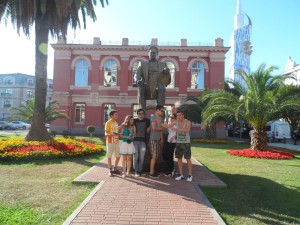 Finally it’s very important to have communication with the participants active after the project is over. In our case, our blog is still up there, with additional materials, as well as we created a Facebook group during the project to share materials, photos, communicate within our group, see how the project ideas that were developed during the project are materializing, etc. For such purpose, one could also use Dropbox, Google Drive and other similar tools.
Finally it’s very important to have communication with the participants active after the project is over. In our case, our blog is still up there, with additional materials, as well as we created a Facebook group during the project to share materials, photos, communicate within our group, see how the project ideas that were developed during the project are materializing, etc. For such purpose, one could also use Dropbox, Google Drive and other similar tools.
